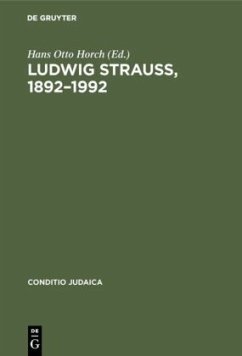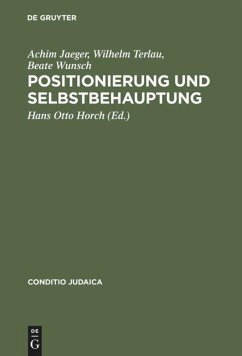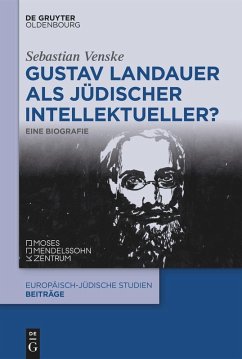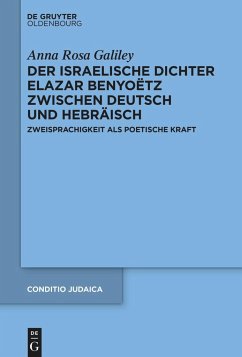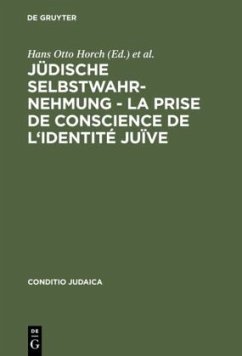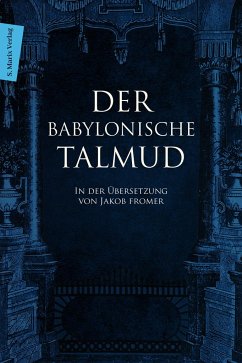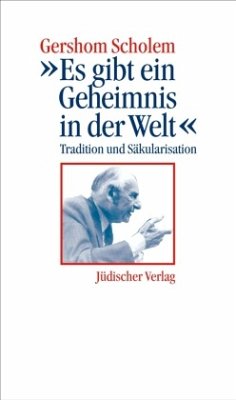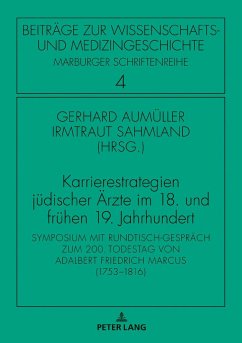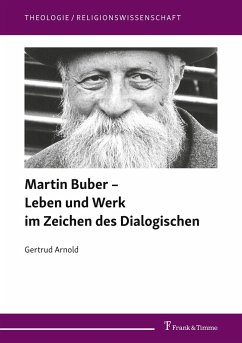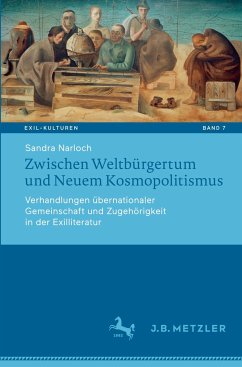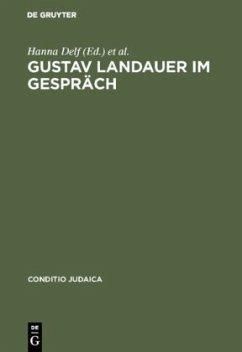
Gustav Landauer im Gespräch
Symposium zum 125. Geburtstag
Herausgegeben: Delf, Hanna; Mattenklott, Gert
Versandkostenfrei!
Versandfertig in 6-10 Tagen
109,95 €
inkl. MwSt.

PAYBACK Punkte
0 °P sammeln!
Der Autor Gustav Landauer (1870-1919) gehört zu jenen Persönlichkeiten der politischen und literarischen Jahrhundertwende, deren Bedeutung für die deutsch-jüdische Moderne weitgehend unbeachtet blieb. Der Anarchist und Lebensreformer, der Literat und Theaterkritiker, der Freund Martin Bubers und Vordenker der kulturzionistischen Bewegung hat ein Werk hinterlassen, das in seinen vielfältigen, oft spannungsreichen Aspekten noch zu entdecken ist. So setzen sich die Beiträge in diesem Band mit ganz unterschiedlichen Aspekten auseinander: Einige widmen sich den Einflüssen auf Landauer und seinen Vorlieben, seiner Goethe- und Spinozalektüre, seinen frühen literarischen Versuchen, andere zeichnen bislang unbekannte Wirkungslinien nach, so zu dem Psychoanalytiker Karl Landauer, dem Mathematiker Felix Hausdorff, dem Theologen Paul Tillich. Die politische Botschaft des Revolutionärs der Münchner Räterepublik in ihrer Problematik und der utopische Impuls seiner Ideen für die Weimarer Jahre werden analysiert. Andere Beiträge beschäftigen sich mit dem geistesgeschichtlichen Kontext der deutsch-jüdischen Moderne, deren Linien in fast allen Beiträgen bis hin zur Vernichtung und Vertreibung ihrer Vertreter durch die Nazis sichtbar werden.
The writer Gustav Landauer (1870-1919) is one of the figures of political and literary life around the turn of the century whose importance for German-Jewish modernism has been largely neglected. Anarchist and reformer, writer and theatre critic, friend of Martin Buber and intellectual pioneer and mainstay of cultural Zionism, he left a body of work that has yet to be explored in all its variety and apparent contradictions. Hence the articles in this volume approach Landauer from a broad range of viewpoints. Some point up the early formative influences on Landauer and his particular predilections, his reading of Goethe and Spinoza, his first forays into literary activity; others trace hitherto neglected links between Landauer and psychoanalyst Karl Landauer, mathematician Felix Hausdorff and theologian Paul Tillich. Also subjected to analysis are the problems posed by the political message of Landauer as a revolutionary of the Munich Räterepublik and the utopian impact of his ideas on the Weimar years. Other contributions cast light on German-Jewish modernism in the context of the history of ideas, almost all of them converging in the extermination or banishment of its representatives by the Nazis.
The writer Gustav Landauer (1870-1919) is one of the figures of political and literary life around the turn of the century whose importance for German-Jewish modernism has been largely neglected. Anarchist and reformer, writer and theatre critic, friend of Martin Buber and intellectual pioneer and mainstay of cultural Zionism, he left a body of work that has yet to be explored in all its variety and apparent contradictions. Hence the articles in this volume approach Landauer from a broad range of viewpoints. Some point up the early formative influences on Landauer and his particular predilections, his reading of Goethe and Spinoza, his first forays into literary activity; others trace hitherto neglected links between Landauer and psychoanalyst Karl Landauer, mathematician Felix Hausdorff and theologian Paul Tillich. Also subjected to analysis are the problems posed by the political message of Landauer as a revolutionary of the Munich Räterepublik and the utopian impact of his ideas on the Weimar years. Other contributions cast light on German-Jewish modernism in the context of the history of ideas, almost all of them converging in the extermination or banishment of its representatives by the Nazis.



